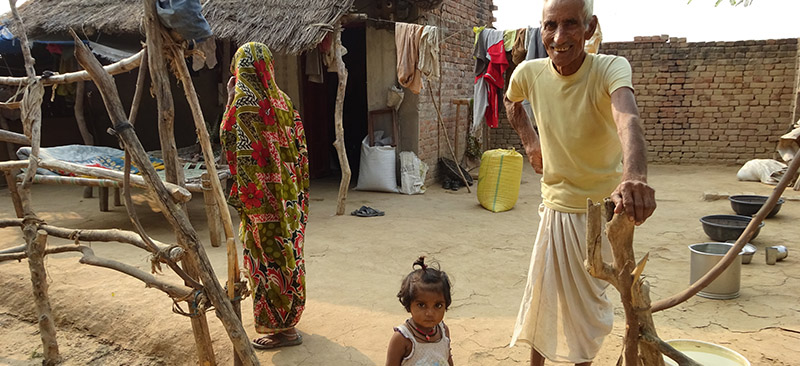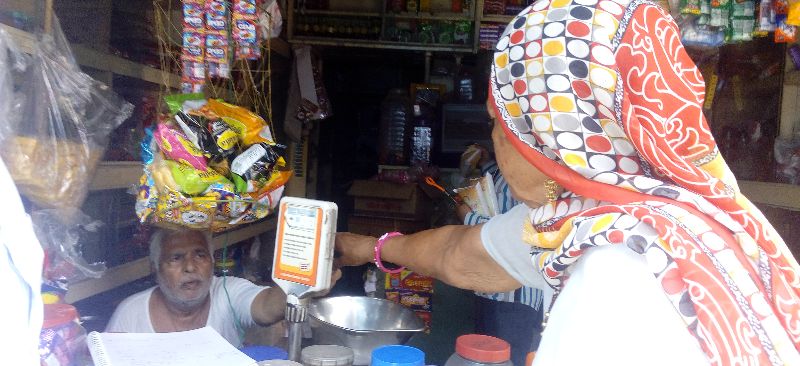Tag: Rridhee Malhotra
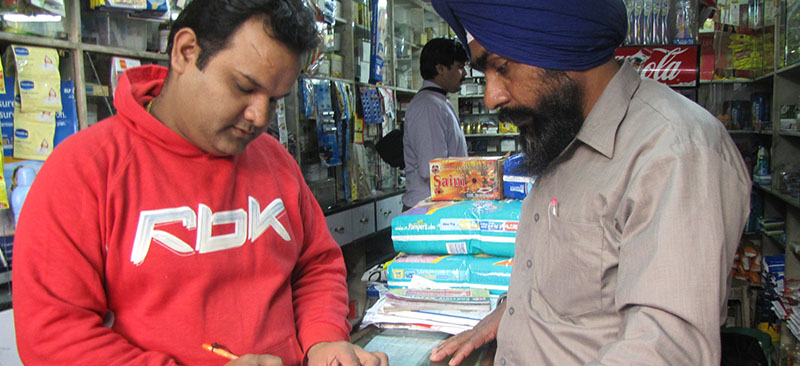
Arshi Aadil, Lokesh Singh, Ritesh Rautela, Rridhee Malhotra and Vijay Ravi
Designing Beneficiary-Centric ‘Direct Benefit Transfer’ Programmes: Lessons from India –...
This Policy Note Part II, details out the “Seven Steps of DBT Programme Design” for...
Sep 23, 2016
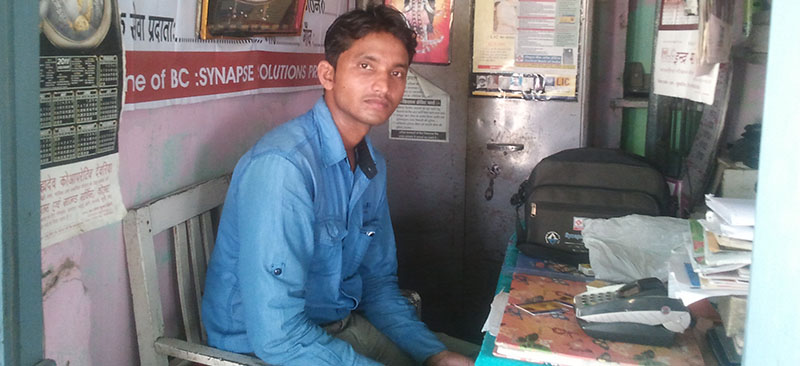
Arshi Aadil, Lokesh Singh, Ritesh Rautela, Rridhee Malhotra and Vijay Ravi
Designing Beneficiary-Centric ‘Direct Benefit Transfer’ Programmes: Lessons from India –...
This Note as a first part of the two-step series explains the pre-requisites and the...
Sep 19, 2016
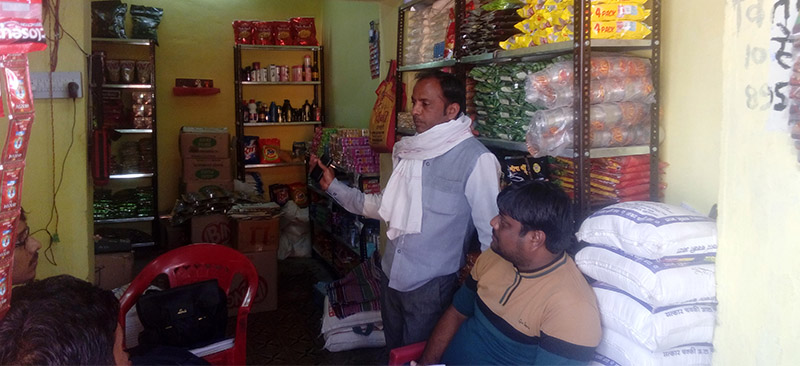
Lokesh Singh, Rridhee Malhotra and Arshi Aadil
Fair Price Shop Sustainability in Automated TPDS: A Mirage or...
This note highlights the importance of the sustainability of fair price shops (FPS) and provides...
Aug 22, 2016
